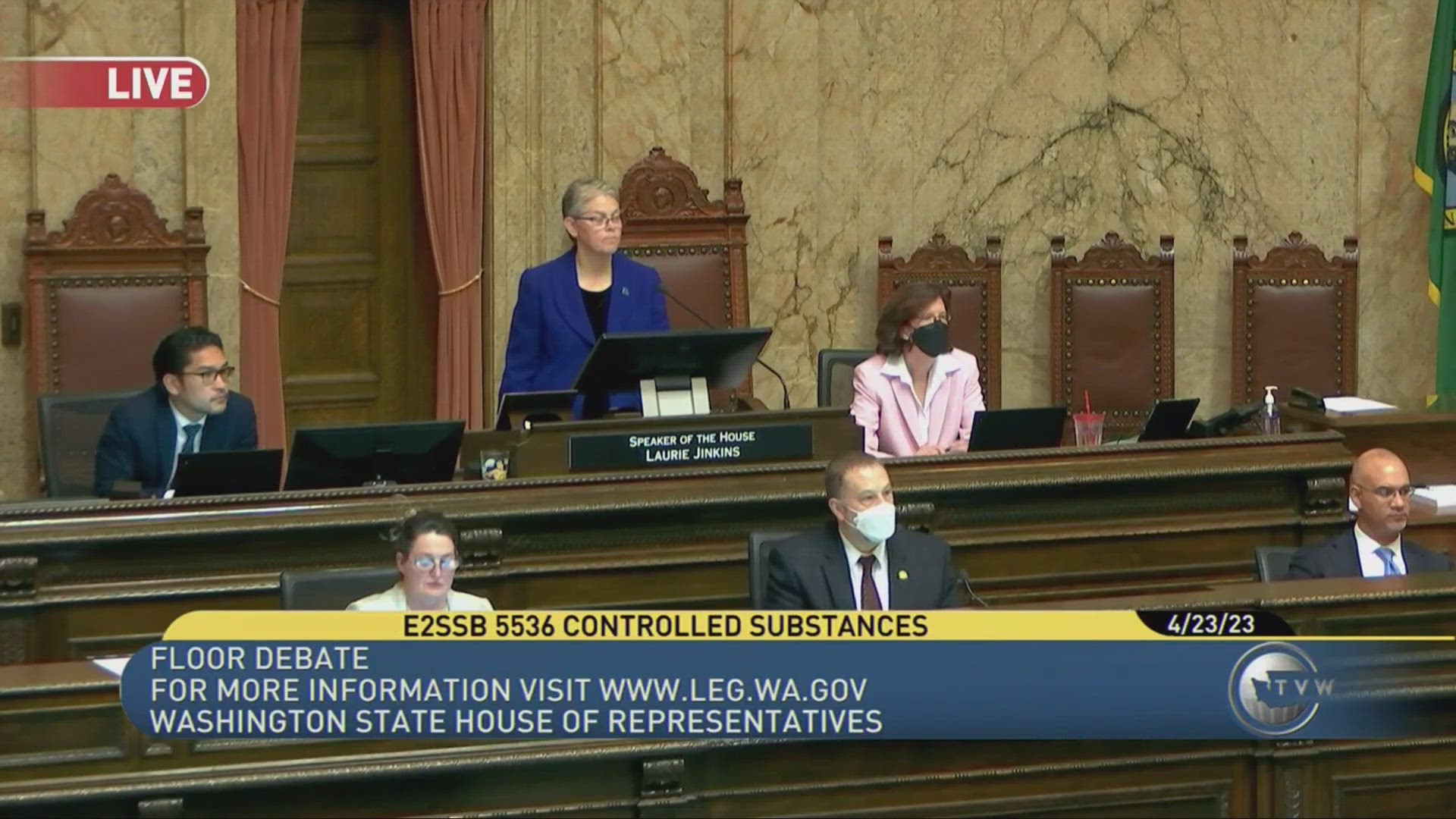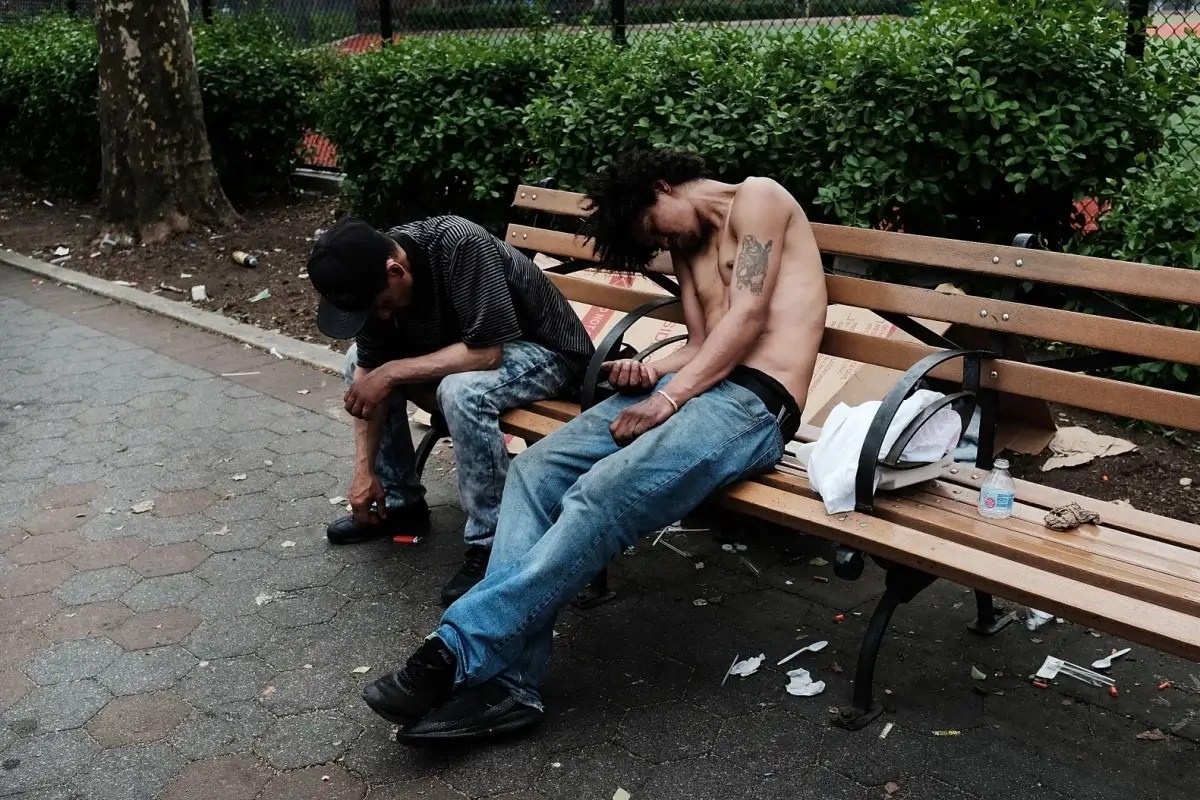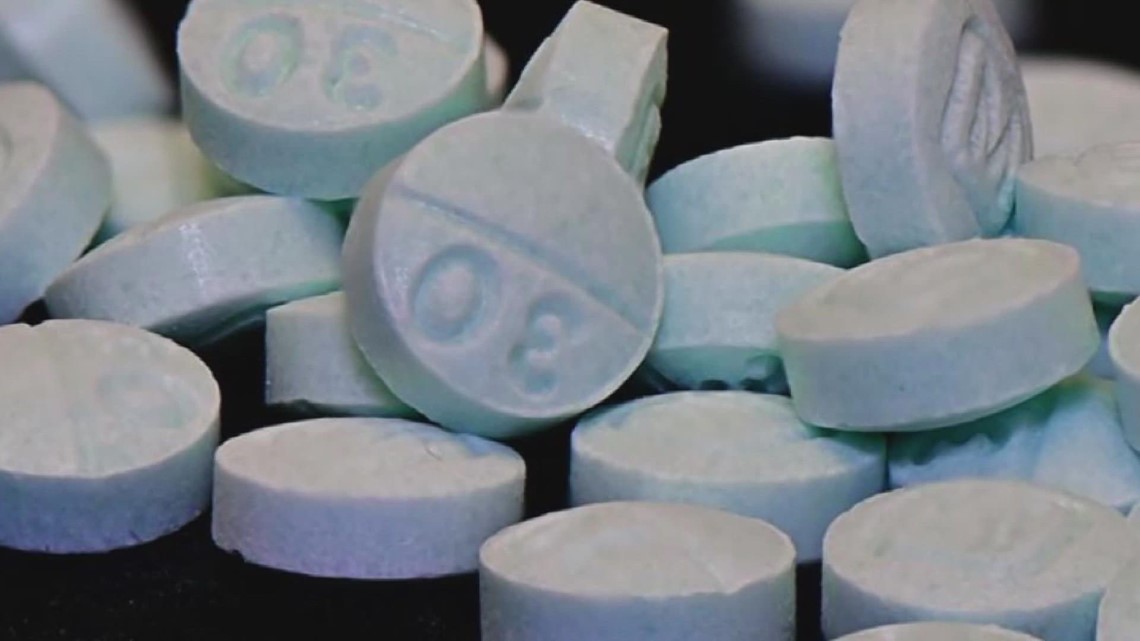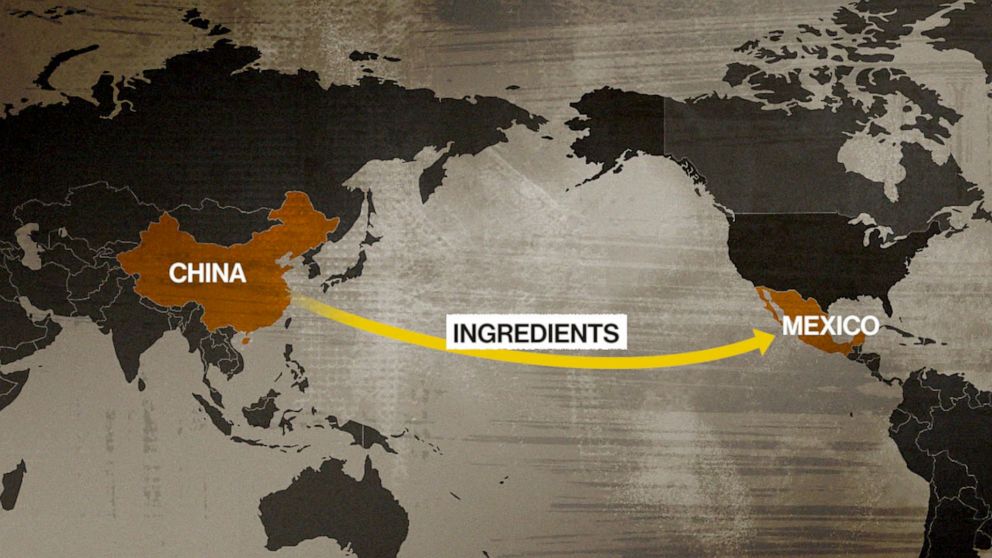
Insightful article in The Center Square by journalist Brett Davis shows reveals Washington ranks at No. 23 in the nation for drug use. The article follows on the heels of a WalletHub study.
To compile its rankings, WalletHub compared all 50 states and the District of Columbia across 21 key metrics, including arrests, overdose rates, opioid prescriptions, and employee drug testing laws.
Washington came in at No. 3 – just behind Vermont and Oregon, respectively – in terms of the highest percentage of adult drug users. The Evergreen State also took the No. 3 ranking, behind Oregon and Colorado, in terms of the highest percentage of adults with unmet drug-treatment needs.
Per WalletHub’s report, Washington ranked 51st in the nation – dead last – with the fewest people receiving substance abuse treatment per 1,000 drug users.
It wasn’t all bad news for Washington, however, which accounts for the state’s overall in-between ranking.
“Washington ranks in the middle of the pack in terms of drug use . . . On the downside, the state has a large share of adults who used illicit drugs in the past month, almost 22%, and does not consider substance abuse during pregnancy a crime. It also has the third largest share of adults who couldn’t get treatment for illicit drug use in the past year, 8.5%.” ~WalletHub analyst Jill Gonzalez
WalletHub’s study notes America’s war against drug abuse has “a long and storied history in the United States.
“Yet despite the country’s best efforts to fight it, the problem is getting worse, and is exacerbated by the COVID-19 pandemic,” the report states. “There were over 100,000 drug overdose deaths in the 12-month period ending in April 2021, up 28.5% from the previous year. It’s crucial for the government to address this issue and prevent it from getting any worse.”
The top 10 states and state designates in terms of drug use:
1. West Virginia
2. District of Columbia
3. Arkansas
4. Missouri
5. New Mexico
6. Nevada
7. Colorado
8. Michigan
9. Oregon
10. Tennessee
The bottom 10 states in terms of drug use:
51. Minnesota
50. Hawaii
49. Utah
48. Idaho
47. Iowa
46. North Dakota
45. Nebraska
44. Virginia
43. South Dakota
42. Georgia
Dozens of cities in Washington state are considering new bans on possession or public use of illegal drugs. That’s after state legislators failed to reach an agreement on a new drug law in the final hours of the 2023 legislative session.
Please contact my office if you, a friend or family member are charged with a Drug Offense or any other crime. Hiring an effective and competent defense attorney is the first and best step toward justice.



/cloudfront-us-east-1.images.arcpublishing.com/gray/PIPR7VLKUJEOXH25JAO6GAZRGA.jpg)













